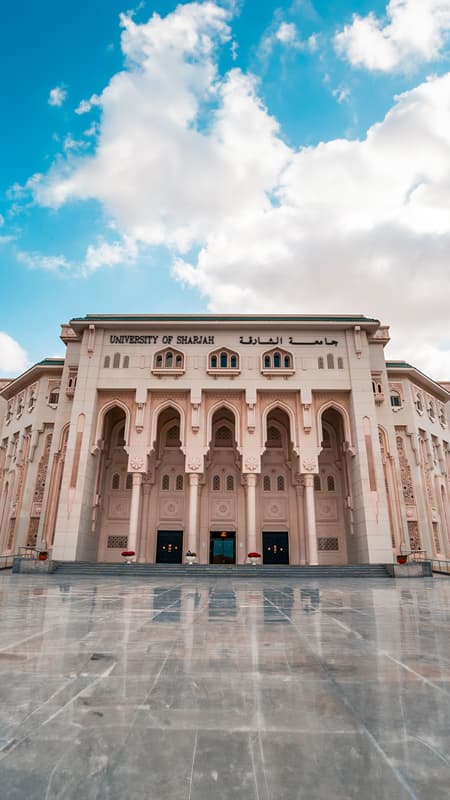AI ChatBots: Adapt Now Or Risk Being Left Out, Scientists Say
Educators risk being left out unless there is action by their institutions to integrate AI ChatBots in their programs, scientists gathered at a seminar at the University of Sharjah were told.
“Don't ban AI ChatBots, teach with it and regulate its use," said Dr. Bassam Abdullah Khuwaileh.
Dr. Mohammad Adel Moufti was more even more enthusiastic.
“Technology is a double-edged sword as we know. We can either denounce it and deny the students the opportunity to grow or we can embrace it to learn better."
“AI will not replace teachers but teachers with AI can and will replace teachers without AI."
Some 130 scientists from the University of Sharjah in the United Arab Emirates attended the online seminar held on February 8 to examine and assess the potential of ChatGPT, one of the most popular ChatBots released last year.
The scientists had convened to weigh in on the opportunities and threats posed by computer programs using artificial intelligence and natural language processing to understand and respond to customer questions.
“The dialogue format makes it possible for ChatGPT to answer (and) follow-up questions, admit mistakes, challenge incorrect premises, and reject inappropriate requests," according to OpenAI, the developer of ChatGPT.
ChatGPT can perform a wide variety of tasks, that include but are not limited to writing emails, explaining concepts, writing essays, preparing presentations, and developing and debugging computer programming codes.
“It can generate text that appears very natural, as that of humans," said Dr. Sadaf Rubab.
Compared to Google, Dr. Khuwaileh said, ChatGPT can reduce the amount of time a student spends searching and finding the required information in a limited number of words.
It can also help educators create a syllabus and cut the time to develop a syllabus by 60-70%, he said, adding that ChatGPT could help students self-train themselves, enhance critical thinking, boost creativity, and hone skills.
ChatBots program popularity such as ChatGPT, which was launched last year, has become a matter of concern for numerous industries specifically education.
“If students start to rely heavily on these, are we killing their creativity by allowing them to use these tools?" asked Moufti.
The usage of these technologies also causes additional concerns about the authenticity of the work that students submit, he said.
Although there are platforms that detect AI-generated content, there are ways to bypass these detections, he explained.
Training is a factor for the authenticity of content, he said.
For example, Moufti said, the last ChatGPT training took place in 2021, and as a result the information it provides could be out-of-date.
“When we ask the question and we get the answer, we don't know who authored that or how credible it is. Students could blindly trust the authenticity or the credibility of ChatGPT without understanding its limitation and truthfulness," he explained.
Despite these limitations, Dr. Moufti advised against the banning of these technologies.
He cited teachers who were against the use of calculators when they were first released due to the fear of deskilling students and preventing them from remembering equations.
“But do we really need our graduates to remember equations, or do we need to equip them with the best technology to perform better?" he wondered.
Dr. Yousef Haik said educational institutions needed to catch up with rapid technological changes.
Institutions need to educate their faculty and set up workshops that can help update assessments and education strategies, he said.

